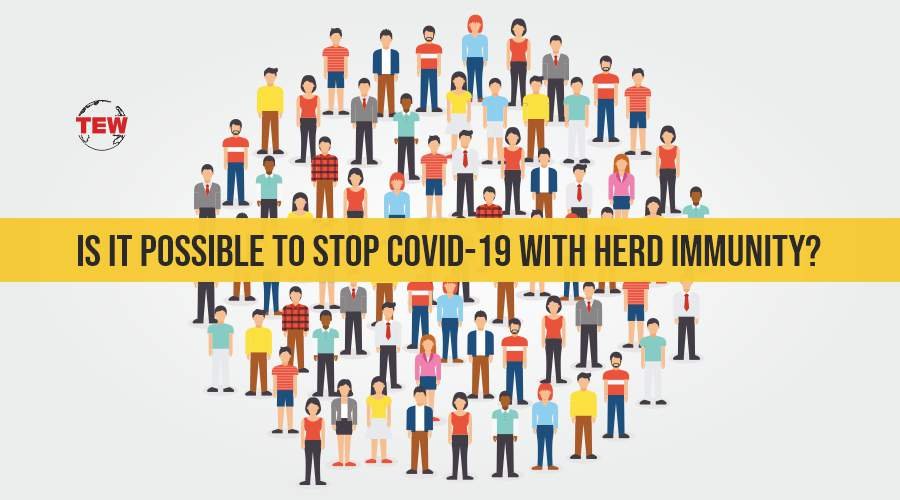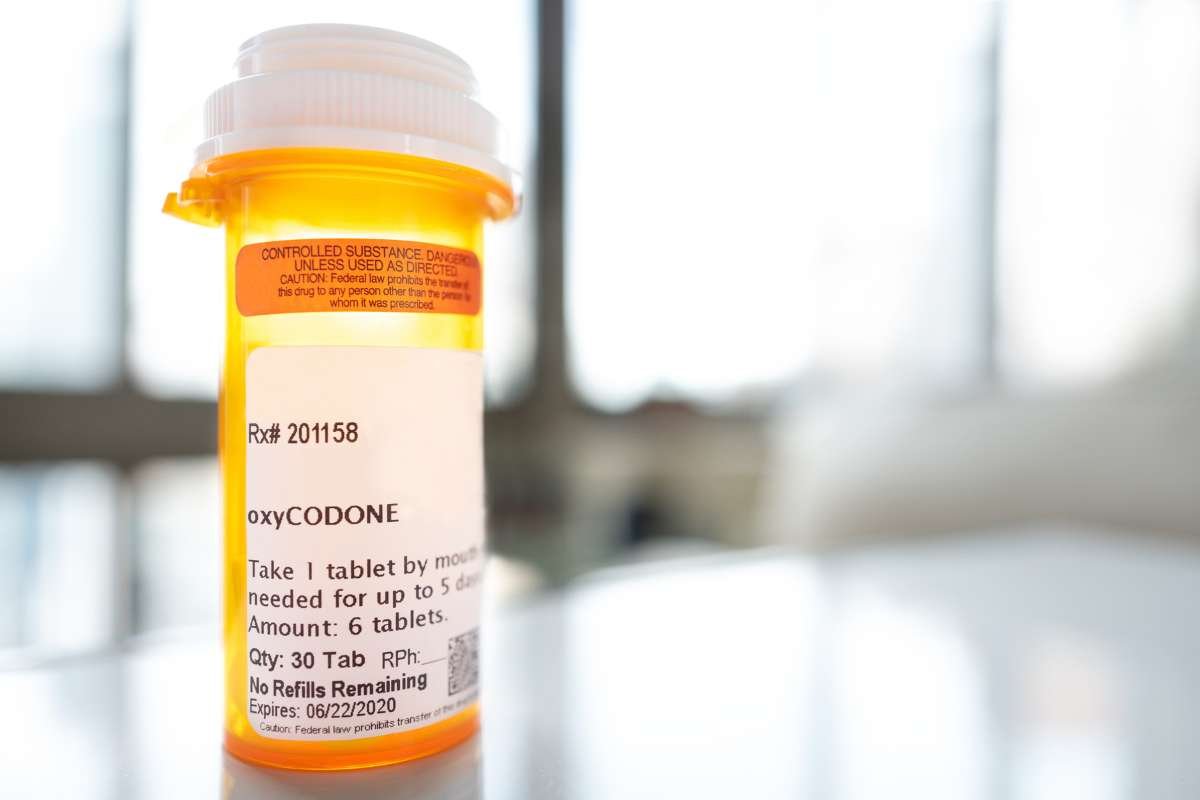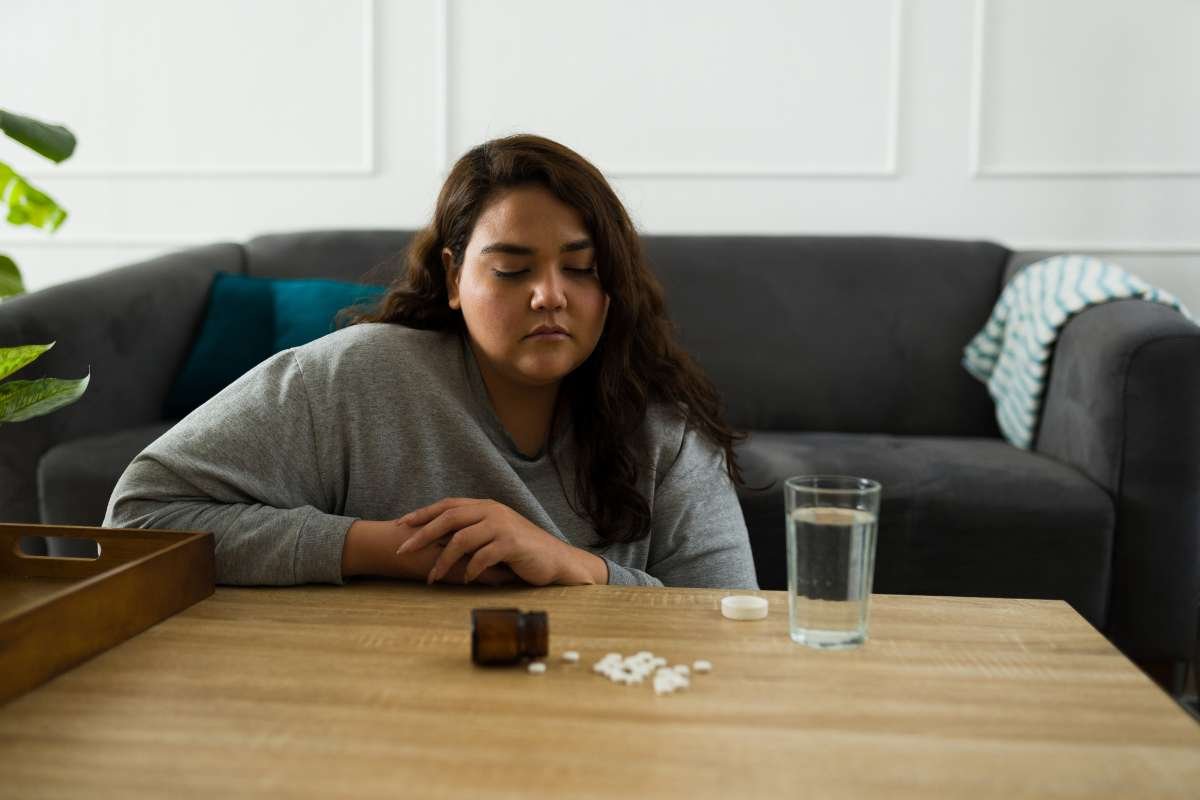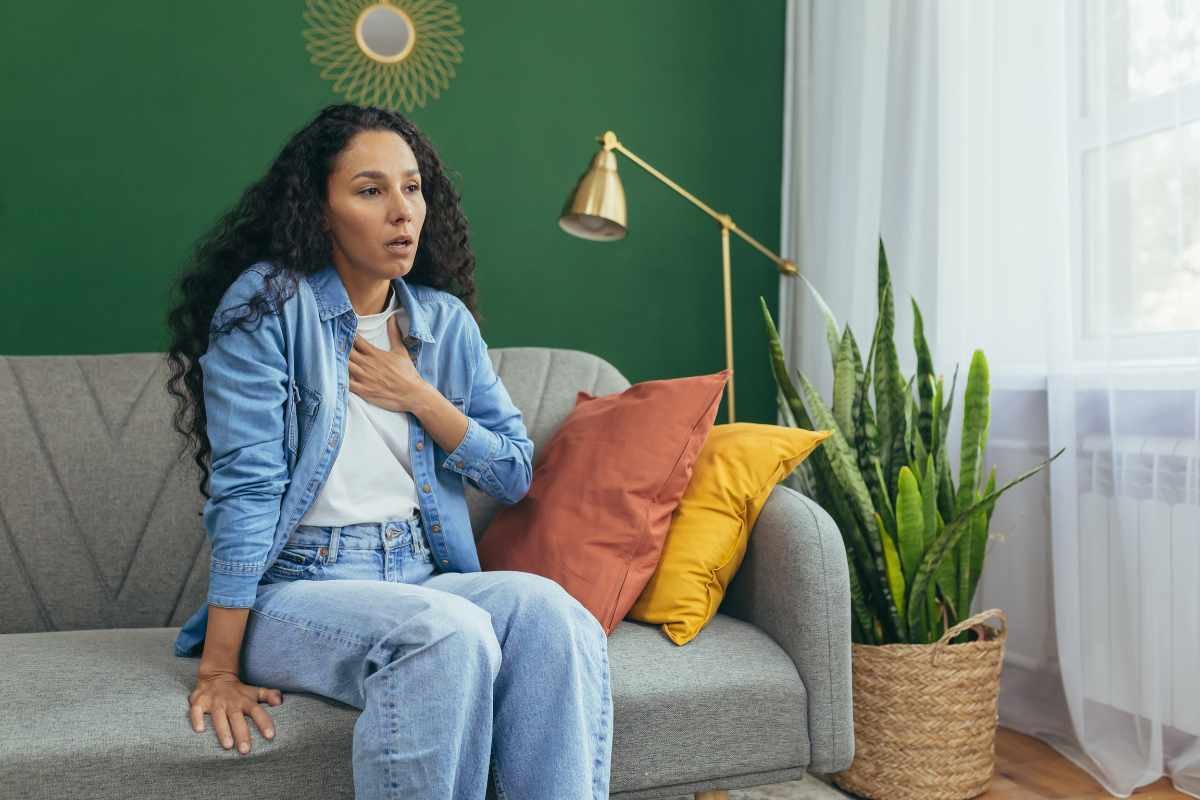Is it Possible to Stop COVID-19 with Herd Immunity?
At the time we become ill with an infection, be it bacterial, fungal, or viral, our body builds up an immunity to that virus or infection so that if we are exposed to it another time, our body is well-equipped to fight it off. There are a few cases in which immunity is only short term. For instance, the flu virus mutates every season and a novel strain affects us. This means that we can still catch the flu the coming year but there are a few people who are extremely unlucky and unlikely to catch it twice in one season.
However, in other cases, the immunity lasts for the rest of their life. For instance, most people get chickenpox only once in their lives. Moreover, there are a few rare cases in which people catch this virus more than once, and the reason behind this is the weak immunity system.
What is Herd Immunity?
Herd immunity can be referred as a state, in which the maximum number of the population has immunity to a virus or infection (in this COVID-19 case), which can effectively help in preventing that disease from spreading.

For herd immunity, the most important thing is that people are immune then it does not matter whether the immunity comes from people having had the disease or from vaccination. As more people are becoming infected with COVID-19, there will be more people in the future who will recover and get then immune to the infection.
A professor at London School of Hygiene & Tropical medicine, Martin Hibberd said, “When about 72 percent of the population have been recovered from the infection, the chances of occurrences of the disease become much less as the maximum number of people are resistant to infection. This is known as herd immunity.”
Will it Slow the COVID-19 Pandemic?
With the novel coronavirus outbreak, recent evidence suggests that if one person is infected with the disease, then the person on average infects between two & three others. Thus, if no other measures are taken, herd immunity would chip in when between 45 to 65 percent of a population is immune.
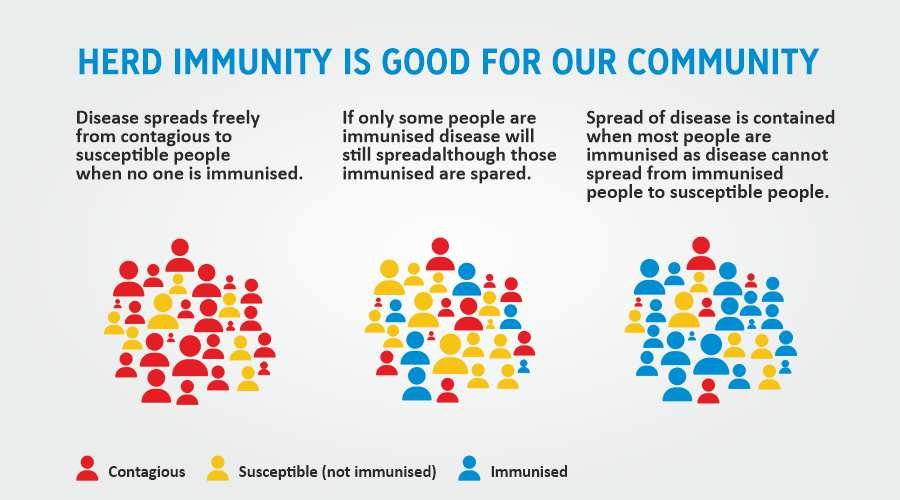
By dropping the number of people that one person can infect with social distancing measures such as working from home, closing schools, frequent hand washing, and avoiding large gatherings can lower the point at which herd immunity id chipping in.
Can Herd Immunity Stop the COVID-19?
Currently, the two significant ways which are implemented all across the globe are frequent hand washing and social distancing. The third way to stop this virus from spreading is a vaccine, which still needs to be developed. Finally, the last way is horrible to just wait until enough people get it.
There are various reasons why herd immunity is not considered as the answer to stopping the spread of the novel coronavirus(COVID-19):
- The vaccine for SARS-CoV-2 is not yet discovered and the safest way to practice herd community is when there is a proper vaccine.
- The research is still ongoing for antivirals and novel medications to treat COVID-19.
- Scientists are not yet aware of contracting SARS-CoV-2 and developing COVID-19 more than once.
- Like several cases of COVID- 19 are leading to death, there are also many positive cases, which are experiencing serious side effects.
- Vulnerable members of society, such as people with chronic health conditions and older adults could get very sick if they’re exposed to this life-threatening virus.
- Even younger and healthy people are getting very ill with COVID-19.
- Healthcare systems and hospitals may be overburdened if a huge number of people develop COVID-19 at the same time.
If the coronavirus keeps spreading, ultimately a huge number of the population will have been infected and if they are recovered, their immunity will strengthen and the outbreak will fizzle out on its own because germs find it harder and harder to catch a vulnerable host. This phenomenon is called herd immunity. However, it is clear from the above-mentioned reasons that herd community is not an option to stop this virus from spreading. So wash your hands frequently, make use of an alcohol-based hand sanitizer, avoid touching your eyes, nose, and mouth, and follow social distancing. Stay Home, Stay Safe!

